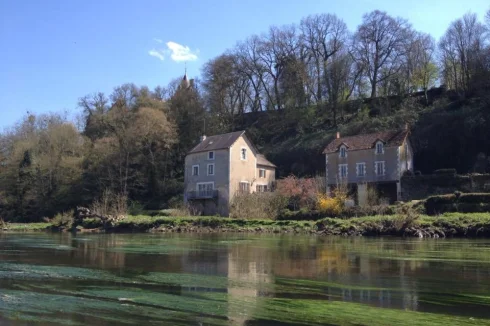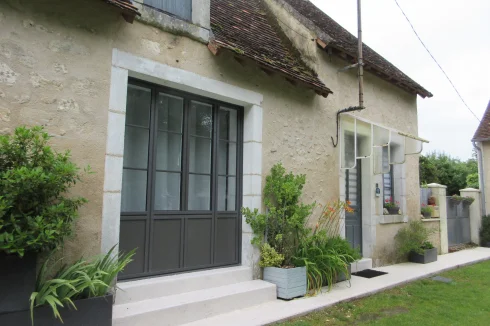Transparency on Ten Year Building Guarantee
Thursday 03 March 2016
The French government have issued a standard form of ten year building guarantee declaration that must now be used by all building professionals.
In France, as occurs across the rest of Europe, all major building work (improvements, renovation and new build) is guaranteed in law for ten years against defects.
This does not mean that all work is guaranteed for ten years, but that in the first year there is a comprehensive guarantee, and in later years a guarantee against structural defects.
In order to back up the guarantee all builders and other building professionals (notably architects) in France are required to take out ten year building insurance, called assurance décennale.
However, not all do so and enforcement of the rule is weak. The legal obligation of a 'responsabilité décennale' is not the same as an 'assurance décennale'.
In the absence of an insurance policy the ten-year guarantee is frequently difficult to enforce.
There are also abuses, with some builders undertaking work not covered by their guarantee, or providing clients with details of a policy that may well have expired.
It is also too easy to get caught out by a builder claiming their standard public liability insurance (assurance responsabilité civile professionnelle) as their ten-year insurance policy, when it is nothing of the sort.
So in order to reduce abuses and bolster the protection offered to consumers building professionals are now required to produce to their clients a declaration of their insurance cover, with a number of minimum information requirements.
This declaration is called a modèle d'attestation d'assurance de responsabilité décennale and must be attached to estimates and invoices provided to the client.
The main information requirements are:
- Identification of the insurer
- The policy number
- Period of validity
- Scope of the guarantee
- The geographic area
- The date of commencement of works
- The value of the works
Any later contract between the client and the building professional that conflicts with the information provided in the declaration would be considered void.
The requirement also has implications for property buyers and sellers, for the declaration must also be annexed to the deed of sale of a property with an unexpired ten-year guarantee.
The obligation applies from 1st July 2016, for all building contracts commencing after this date.
One significant omission from the template is that there is no requirement for the building professional to stipulate that they are up-to-date with their insurance premium payments, which may require that the client seeks confirmation from the insurer.
As much as the declaration is a significant step forward in this matter, neither is it a panacea, for even though there may be an insurance policy in place insurers not infrequently contest a claim made on a policy.
One solution is for a client to take out their own ten-year building defects policy, called assurance dommages-ouvrage, which effectively acts as an insurance policy against the failure of the builder's insurer to pay out! The policy can also cover abandonment of the site by the contractor.
For a major project the cost of such a policy is around several thousand euros, so it is not a decision that can be taken lightly.
An alternative solution might simply be to ensure that you select with great care the building professional who is going to undertake the project and/or to arrange professional supervision of the works.
Next Article: Housebuilding in France 2015
Thank you for showing an interest in our News section.
Our News section is no longer being published although our catalogue of articles remains in place.
If you found our News useful, please have a look at France Insider, our subscription based News service with in-depth analysis, or our authoritative Guides to France.
If you require advice and assistance with the purchase of French property and moving to France, then take a look at the France Insider Property Clinic.





